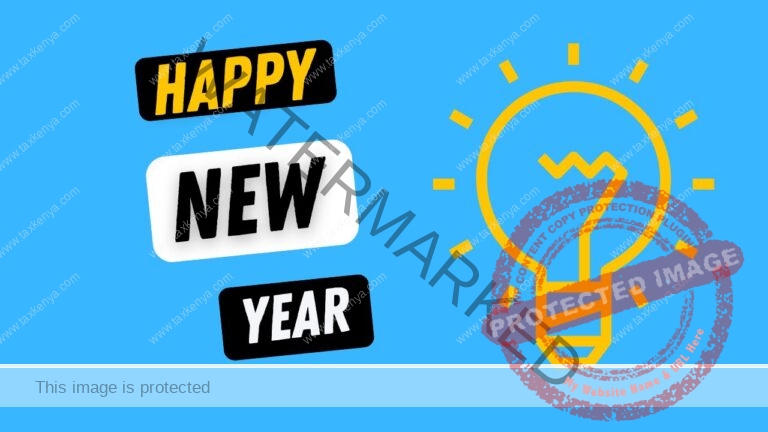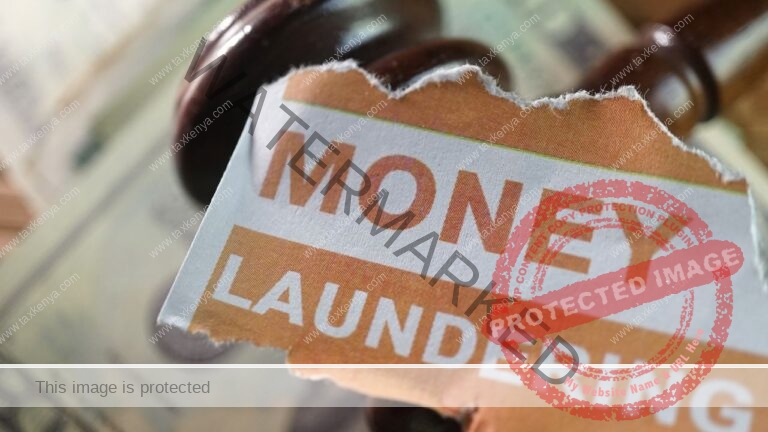One and a half days to file 2016 annual income tax returns and we have the question of tax injustice and 2016 Annual Tax Returns in Kenya. However, all is not well with the taxpayers in Kenya.
Introduction
For all December tax cases (parlance for those whose tax financial year ends on December 31st) and individual taxpayers, we have only today and tomorrow (29th and 30th June 2017) to file our annual tax returns for the financial year 2016. As usual, we are real Kenyans we have “peculiar habits of rushing last minute” ( Michael Joseph, former managing director Safaricom Ltd).
This is also an election year with the 2017 national elections in August that is being contested by Jubilee the current ruling party and the opposition party Nasa. Nasa has ODM, Wiper, Ford Kenya and Chama Cha Mashinani as the leading political parties while Jubilee is being supported by NARC Kenya, PNU, KANU and Maendeleo Chap Chap political parties.
Jubilee is lead by the Kenyan President Uhuru Muigai Kenyatta and Kenya deputy president William Ruto, NARC Kenya is lead by Martha Karua, PNU is lead by Peter Munya, KANU by Gideon Moi, Maendeloe Chap Chap by Alfred Mutua. ODM is lead by Raila Odinga, Wiper by Kalonzo Musyoka, Ford Kenya by Moses Wetangula, Chama Cha Mashinani by Isaac Ruto. There is a lot of political heat in the country.
If the KRA i-tax platform were a person, it would be complaining also most wailing loudly. This is the busiest tax period and the platform is heavily overworked. Why can’t KRA spread the submission of the annual tax returns to maybe throughout the following financial year or any time in the future as long as the tax returns are filed? What is more important, filing of tax returns or making tax payments? The core function of KRA is to collect taxes.
Non-filing fine
We all know that KRA has insisted that all non-filers by the close of the day tomorrow 30th June 2017 will be subjected to Kshs 20,000 fine (is the fine lawful?). If for example, a million taxpayers are unable to file the tax returns, we are looking at the Kenya government collecting Kshs 20,000 x 1,000,000 equals Kshs 20,000,000,000 (20 billion). Why should the government get this money? Partly because of the inefficient and complex i-tax system (I rate i-tax against M-Pesa system which has far more transactions).
KRA is very happy penalizing the taxpayers. How many KRA’s employees can file a tax return in the i-tax platform yet they are the experts? The answer will shock other taxpayers. Yet the taxpayers including the very illiterate (academically) are supposed to use the system and comply with the tax regulations. There are a lot of complaints because of the complexity and inaccessibility of the i-tax platform when required.
Many taxpayers have genuinely tried to file their tax returns and they are unable to do so. There are cases where the i-tax system is down and one is not able to access the system. KRA employees know this very well because sometimes even its employees are not able to access the system internally. Sometimes, I-tax behaves lie the landline telephone of yester-years:- available but not accessible.
In the cases where the taxpayer fails to file their tax returns because of failure to access the i-tax system, who should pay the fine of Kshs 20,000? Should KRA not pay the taxpayers for putting a system that does not work all the time and for the time and other resources that the taxpayers use in trying to file the tax returns?
Inaccessible i-Tax platform
Many taxpayers are aware of the very frustrating experiences in trying to file tax returns whether monthly or annually. But not all electronic systems are as frustrating as the i-tax platform. For example, M-Pesa works at least 99.9 % of the time, and the system has far more transactions than i-tax.
What reason does KRA have to put in place a system that does not work when most required. A system that has increased tax-related stress to some taxpayers? Every taxpayer longs for the time they will be able to pay taxes as they transact in the M-Pesa platform. KRA should come up with systems that encourage taxpayers to make tax payments and file tax returns throughout the year. KRA should make taxpayers love complying with tax laws. Threats and punishments do not work. They breed hatred.
Taxpayers frustrations
many taxpayers want to pay taxes but they are unable. For example, many times I have walked into the banking halls in my bank ready to pay my taxes only to be turned back because the i-tax platform is down. So in this particular case why should I be punished for not remitting the tax? Why can’t KRA have a system where taxpayers pay the money to the banks and the bank remits the money by the close of the day and the taxpayer’s accounts are credited before the following day?
Many Kenyans want to pay taxes and file their tax returns on time, but the i-tax platform has become an impediment to tax compliance. KRA must ensure that submitting tax returns and making tax payments is easy. Unfortunately, KRA’s action or inaction has resulted in non-compliance with tax laws. It is the taxpayer who is punished by the same KRA. This is like a parent who refuses to pay school fees for a child. When the child fails at the end of the year exams, the same parent will punish the child.
Though KRA has worked in reforming tax in this country in terms of trying to make the filing of tax returns and tax payments easy, there is a lot that remains to be done. KRA must realize that taxpayers are not paid to be taxpayers. For example, some of the services that taxpayers provide the government when they collect such taxes as VAT and domestic excise duty, they are not paid. They are compelled to do so, it is not voluntary.
Income tax is paid from taxpayers everyday sweat. It is the taxpayers who have worked in employment, business, investments, farming, constructing houses for rent rental to earn or derive the income to pay tax from. The taxpayers should not be punished but encouraged. KRA’s approach is wrong. It is dictatorial yet we are in a democratic dispensation. This results in tax injustice.
What more to expect
Every day people learn new things. We hope that KRA is learning new things about the i-tax platform and where there is need for improvement. We expect this realization:
- The taxpayer’s role is to pay the taxes while KRA’s role is to collect that tax.
- It is KRA’s responsibility to ensure that the tax returns and the taxes are remitted with the least pain.
- Punishments will not work. In the evening of time punishments are counterproductive.
- there is a lot of room for improvement as far as the i-tax platform is concerned.
- KRA should work closely with the banks and establish mechanisms to enable taxpayers to pay tax at all times.
- Submission of tax returns does not only have to be by June 31st but can be spread throughout the following years and no fines levied as long as the taxpayers make the tax returns.
- There is a need to accord taxpayers the respect they deserve as Kenyans.
As taxpayers in Kenya, we look forward to a better tax year as we await the filing of tax returns for the year 2017 by 30th June 2018.
Thank you for reading the post.
Dr Wakaguyu Wa Kiburi.




